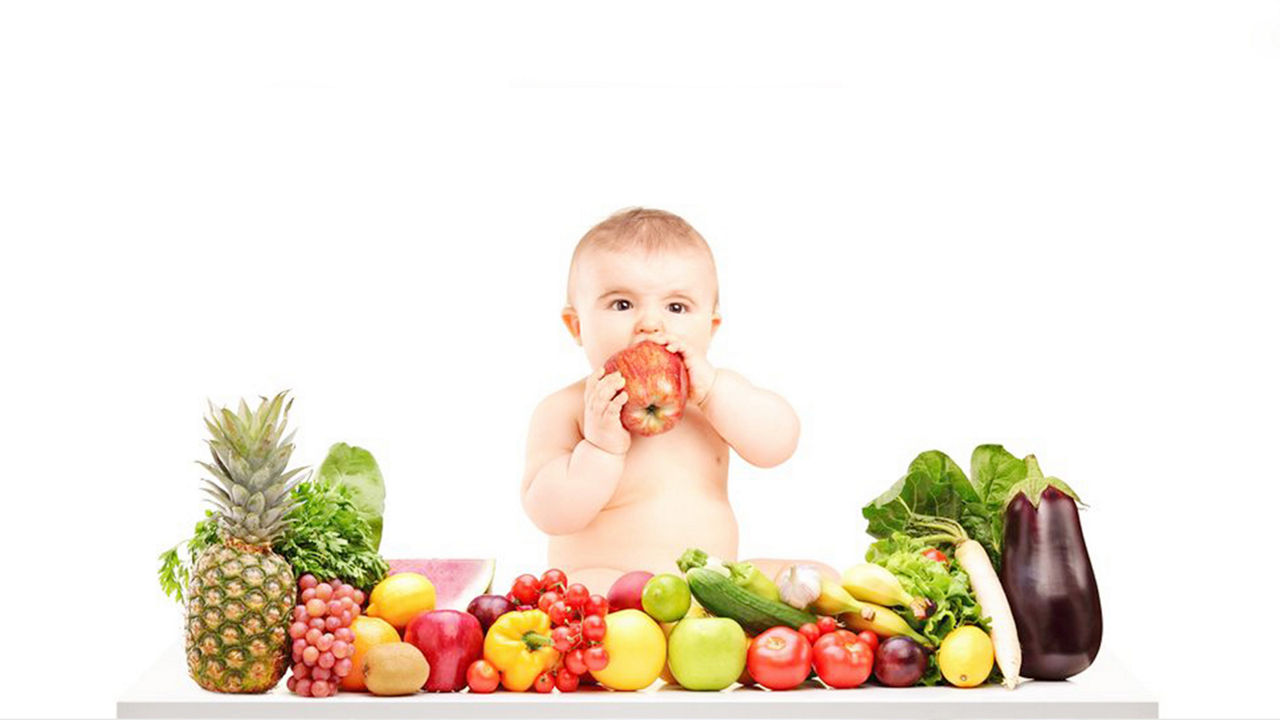Breastmilk is the best for babies. The World Health Organisation recommends exclusive breastfeeding for the first six months of life. Unnecessary introduction of bottle feeding or other food and drinks will have a negative impact on breastfeeding. After six months of age, infants should receive age-appropriate foods while breastfeeding continues for up to two years of age or beyond. Consult your doctor before deciding to use infant formula or if you have difficulty breastfeeding.
ENP: take the chance to introduce foods that benefits brain development
The ENP research on early childhood nutrition shows: In addition to other external influences the diet influences the lifelong health of your child. While your toddler grows, also his brain develops rapidly. Take the opportunity to introduce food that benefits your child's future health and overall development!
The ENP research on early childhood nutrition shows: with exception to other external factors, the diet influences the lifelong health of your child. The brain of your child develops rapidly as they grow. Shape the future health of your child with the food it consumes!
The development of the child’s brain helps it to learn, remember and to communicate with another. The network of the nerve cells (neurons) thickens while rarely used links between the brain cells (synapses) are removed. The vast network of neural connections allows your child to learn quickly in the early years.
The right nutrients are required for an organ to perform well
Young children are not young adults; they have a special dietary need to support the optimal growth and development of the brain, which also differs from that of older children and adolescents. Take advantage of the opportunity to contribute a varied and balanced diet that contains all the necessary nutrients from a young age for the healthy development of your child.
Our Tips
Read about the ideal feeding and how you can cover the age appropriate nutritional needs for young children here!
Iodine
Iodine is a trace mineral that is required for the development of thyroid hormones. To see it in a bigger picture, it actually controls the heartbeat, body temperature, digestion of the body and also for the development of the brain. Iodine can be found in sea fishes.
Specific unsaturated fatty acids: LCPs
The long chain polyunsaturated fatty acids (LCPs) are of utmost importance for the function of the brain. Food products with the highest LCP supplies come from the fatty marine fishes such as mackerel, herring, sardines, salmon and tuna. The supply of the polyunsaturated fatty acid and iodine should come from the diet of the fish meal (1-2 times per week) of your child.
Good sources of polyunsaturated fatty acids of vegetable origin comes from sunflower, safflower oil (omega-6) and canola, walnut and flaxseed oil (omega 3).
The future health of your child lies in your hands
You can shape the future health of your child with a few simple diet tips. Take advantage of the opportunity as it helps to contribute to the development of the brain and create the foundation for his future health.
Join our AptaAdvantage Club today to enjoy:
- Educational content to support you on your motherhood journey
- Various complimentary classes and exclusive discounts with our key enrichment partners
Kickstart your AptaAdvantage experience by signing up HERE.
Related articles

Connect with our team of experts
We provide advice and support for you on your parenthood journey




